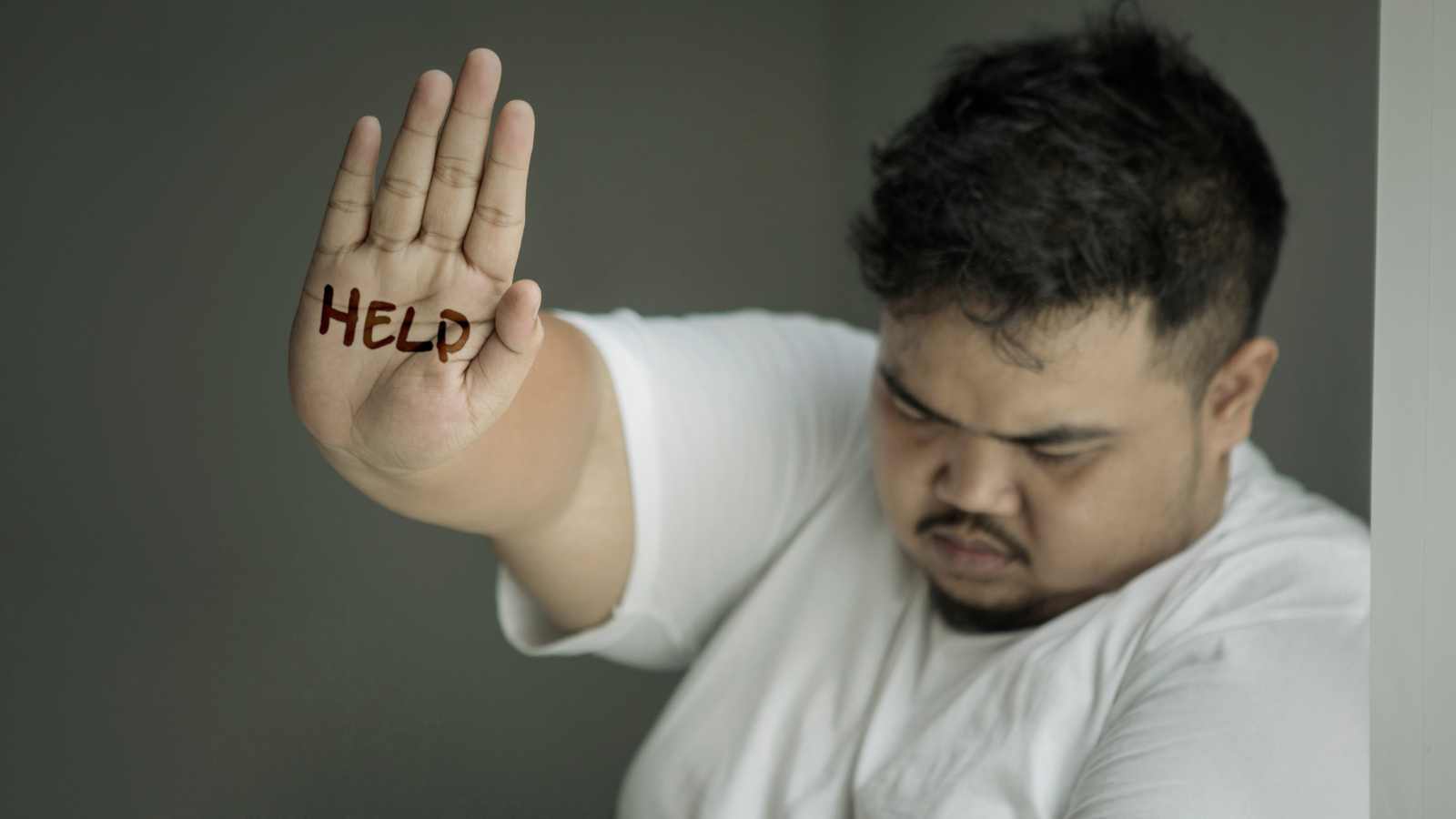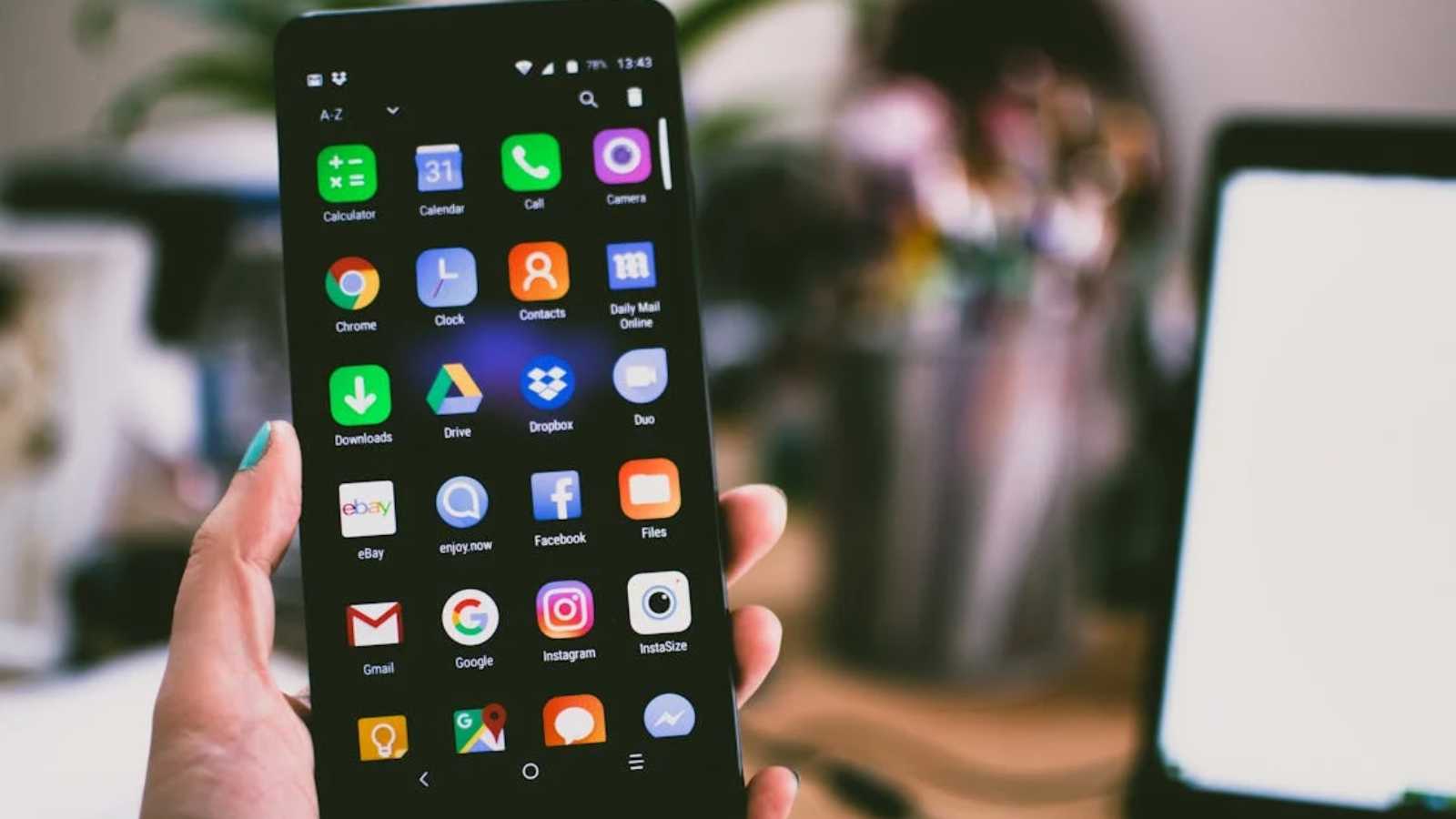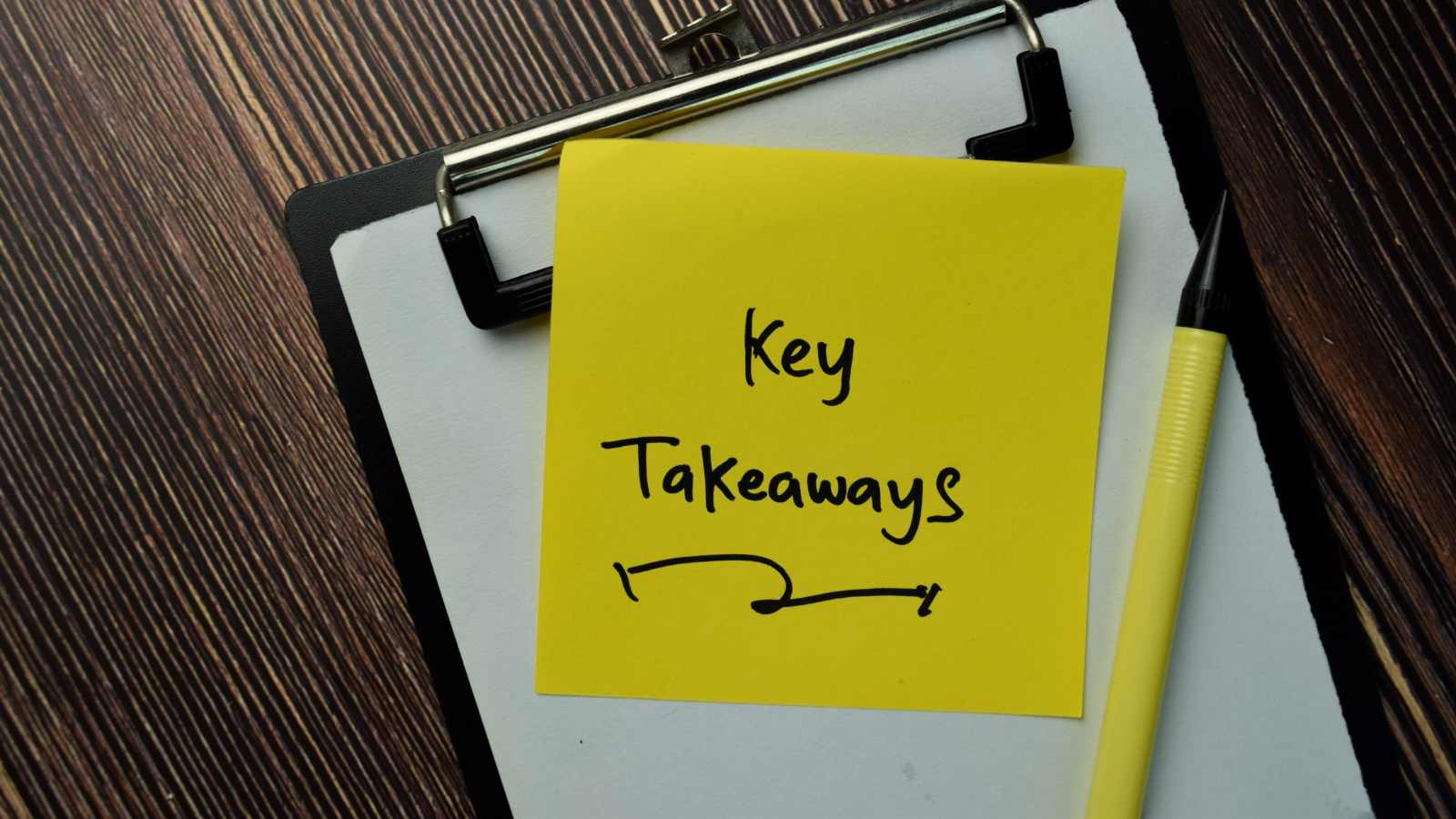Loneliness isn’t always loud. According to a September 2024 survey by the Pew Research Center involving more than 6,200 U.S. adults, about one in six Americans report feeling lonely or isolated most of the time.
Shrinking friendships in the U.S., despite high connectivity, is attributed to a “friendship recession” caused by a mix of technological, cultural, and economic factors. While social media provides a large network, it does not build the deeper, more vulnerable connections that meaningful friendships require.
If you’ve been feeling disconnected, these 12 subtle habits might reveal that your inner circle is smaller, or weaker, than you think.
You Rarely Get Invited Anywhere

If your weekends are quiet and your group chats stay silent, it’s not coincidence. Friendship is reciprocal; when people stop inviting you, it often means the bond has cooled. Social connections fade without effort, reach out first.
Conversations Stay Surface-Level

You talk about the weather, not your worries. True friendships thrive on emotional openness. If no one knows what’s really going on in your life, you’re probably stuck in acquaintance territory.
You Scroll Instead of Calling

In today’s digital world, many people default to texting or scrolling through social media instead of making a phone call. Experts say this habit can indicate weak social connections or discomfort with direct communication.
Relying on scrolling or messaging instead of voice contact may signal social detachment or a shrinking close network.
You Celebrate Alone

Birthdays, promotions, or tough milestones pass without much fanfare. When a connection is missing, even good news feels muted. Happiness grows when shared, while isolation tends to diminish it.
You Avoid Asking for Help

Strong friendships thrive on mutual support. If you’d rather struggle silently than reach out, it’s a sign of weakened trust. “Letting people help you is a form of intimacy,” says therapist Nedra Glover Tawwab.
Vulnerability builds bonds; avoid self-reliance as armor.
Your Phone Is Quiet

When your phone serves only for work and not for staying in touch, the absence of calls or check-ins can quickly lead to feelings of loneliness.
One in five adults reports going an entire week without a personal conversation (American Perspectives Survey, 2024). Connection needs maintenance; initiate it before it fades.
You Overwork to Fill the Void

Pouring all your energy into productivity often masks emotional emptiness. Being busy doesn’t equate to belonging; the healthiest path blends output with connection and meaning.
You Don’t Know Who to Call in a Crisis

When something big happens, good or bad, and you can’t name one person to share it with, that’s emotional isolation at its peak. Having one reliable confidant is worth more than a dozen casual friends.
You Downplay Emotional Needs

You tell yourself you’re “fine alone,” but the human brain is wired for connection.
Socially connected individuals have a 50% greater likelihood of survival than those who feel lonely or isolated (Holt-Lunstad, 2023).
This underscores that connection isn’t just emotionally rewarding, it’s vital for long-term health.
Your Humor Turns Self-Deprecating

You joke about being “forever alone” or “too busy for people.” It’s funny until it isn’t; self-protection can mask loneliness. Humor can be a “social shield” that hides emotional distance, says Dr. Sherry Turkle, a MIT psychologist. Humor should connect, not conceal.
You Feel Drained After Social Interactions

When conversations start to feel like chores, it may signal emotional burnout or a lack of social practice. Genuine connections energize, while superficial interactions often leave you drained.
You’ve Stopped Trying

You assume new friendships won’t work out or people won’t understand you. That belief becomes a self-fulfilling prophecy. Friendships don’t just happen; you have to believe they can.
Key Takeaways

Friendship isn’t lost overnight; it fades in silence, avoidance, and busyness. Rebuilding connection takes small, consistent steps: message that old friend, join a local group, or say yes to coffee.
Because no matter how independent you are, belonging remains a basic human need —one worth fighting for.
Also on MSN: 17 professional manners we’re forgetting at work
Disclaimer: This list is solely the author’s opinion based on research and publicly available information. It is not intended to be professional advice.
Disclosure: This article was developed with the assistance of AI and was subsequently reviewed, revised, and approved by our editorial team.
10 Simple Habits to Recharge Your Mind and Body

10 Simple Habits to Recharge Your Mind and Body
These 10 simple habits to recharge your mind and body demonstrate that sustainable wellness starts with everyday choices rather than drastic changes.
And if you’re looking for an easy way to support those habits, try pairing your morning ritual with a wellness-focused coffee.






